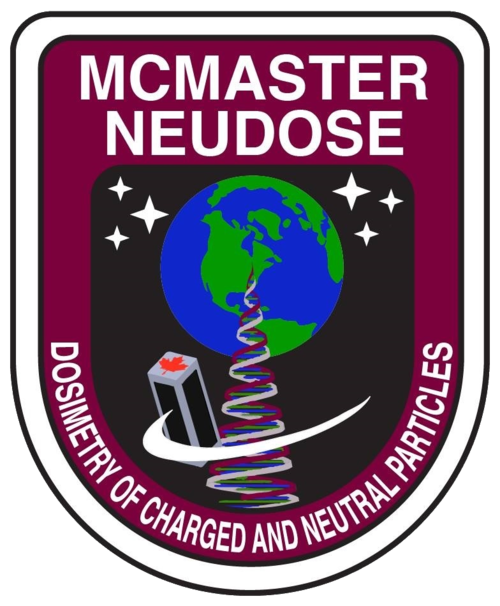Space exploration is an ever-evolving field in which new technology and discoveries are constantly being made. From complex robotic devices to supporting the health of astronauts, Canadian teams have played a pivotal role through science, innovation, and leadership excellence. With the recent celebration of Canada Day, the NEUDOSE team would like to take a moment and recognize the amazing contributions of Canadians to the field of space exploration.
The most famous are the Canadarm and Canadarm2, a series of robotic arms that perform a variety of tasks including the maintenance of the Internation Space Station (ISS), the grappling of various vehicles or objects, or the moving of astronauts. Canadarm2, launched in 2001, was used to build the ISS and is still employed there today. Dextre, another robot, also helps to maintain the ISS. Containing cameras, wrenches, lights, and high movement abilities, it is one of the most complex robots in space history. It also continues to service the ISS to this day since it’s launch in 2008.
Other than robots, there are many Canadian contributions that play an important role in astronaut health and safety. The Bio-Analyser, Bio-Monitor, and MicroPREP technologies come to mind. Bio-Analyser is an on-board test device for saliva, blood, and other substances for astronauts. MicroPREP is similar in that it can also analyse an astronaut’s health by centrifuging blood in the low-gravity conditions of space. Due to the compact size of both, their ability to be used on-board provides a quicker way to assess the health of humans in space. The Bio-Monitor additionally introduces wearable technology to track astronauts’ vital signs, again providing another way to ensure astronaut safety.
With the recent launch of the Mars 2020 Perseverance Rover, we would like to recognize Canadian scientist Dr. Chris Herd’s contribution to the mission. Selected by NASA, Dr. Herd is a professor of Earth and Atmospheric Sciences from the University of Alberta who will be studying the scientific data and geological discoveries of the rover.
Like all the hard-working Canadians who have contributed to space exploration, the McMaster NEUDOSE team also hopes to make an impact with its CubeSat project. Similar to some of the aforementioned projects, NEUDOSE hopes to understand the effects of radiation on the human body to help better inform decisions regarding long-term space missions. The Tissue Equivalent Proportional Counter (TEPC) aims to track the radiation dose received in low Earth orbit. With this mission, NEUDOSE hopes to contribute to more accurate radiation dosimetry and safer manned space missions.

